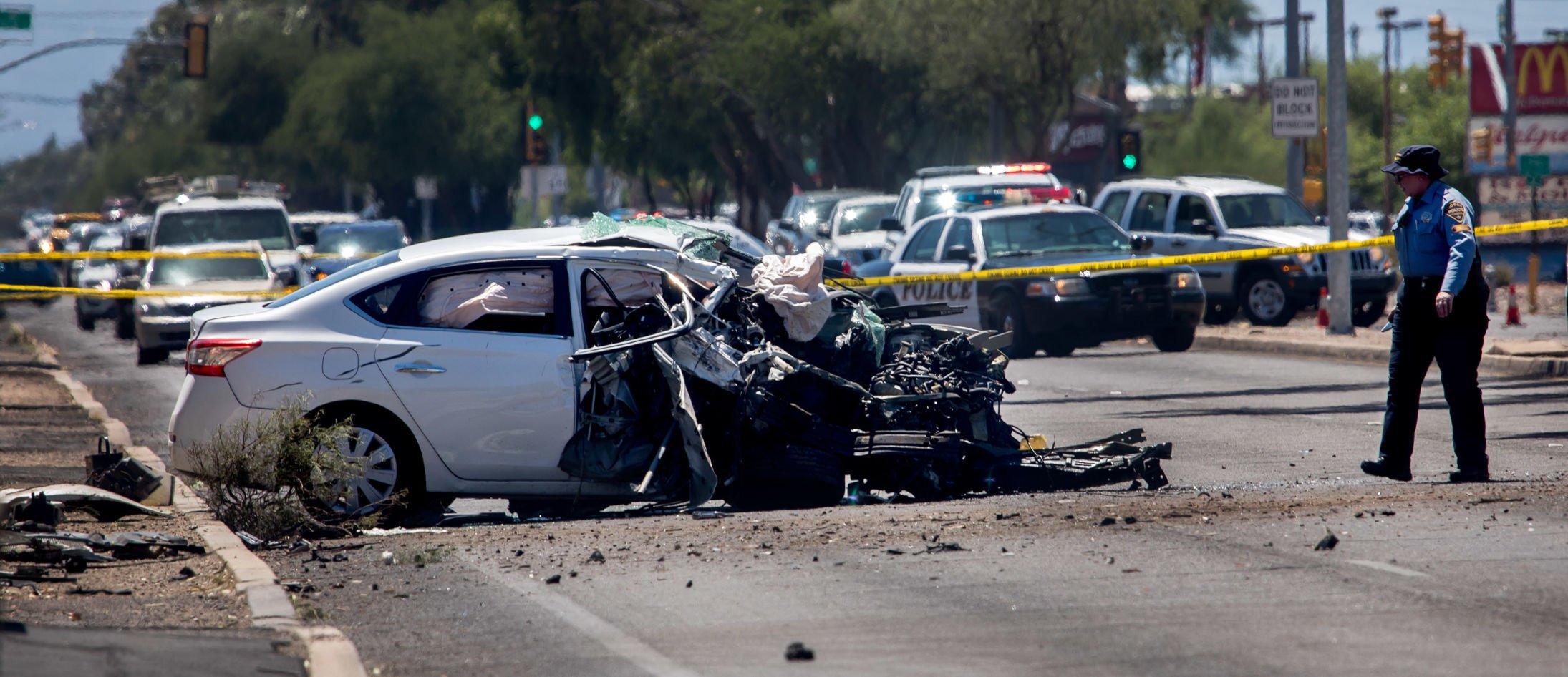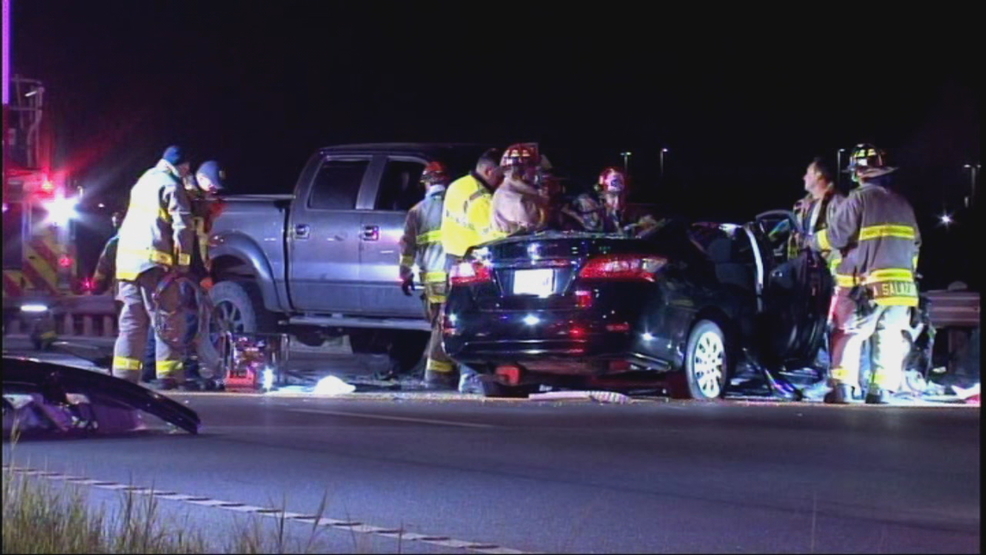

Speaker 2 - But you spent that half hour driving, you can't spend that same half hour a second time, once it's gone it's gone. Speaker 1 - Yes! I spent half an hour in traffic! Speaker 2 - But you said it takes half an hour when there is no traffic, so you spent half an hour driving from work to home, you weren't stuck in traffic! Speaker 1 - No, I spent half an hour in traffic! Speaker 2 - So, you spent half an hour driving, not half an hour in traffic. Speaker 2 - How long does it take when there is no traffic? Speaker 1 - I spent half an hour in traffic.
Word vs word traffic accident drivers#
Employers can help their employees with clear training and guidelines to make them better drivers and reduce all of the aspects that increase the likelihood of a crash.Are 'traffic' and 'driving' interchangeable? Is one speaker wrong? Or both? Or neither? Why? Unfortunately, drivers and human error cause the most vehicle accidents on the UK’s roads and it’s up to drivers to be responsible for making sure they aren’t the cause of a crash. They will always ‘see’ the pedestrian, the car in front, the obstacle and they won’t get distracted – or drunk! Most experts believe that road deaths will reduce drastically in number the more driverless vehicles come onto our roads.
Word vs word traffic accident driver#
In fact, deaths from driver errors could be a thing of the past altogether.Ĭars with driverless technology are always alert and vigilant.

With driverless cars on the horizon, it’s estimated that millions of lives could be saved worldwide as driver error won’t play as much of a part in crash scenarios.

Of all the crashes, roughly a third that occurred involved a person driving for work purposes. All of these ‘driver errors’ are ones that could be avoided. Other reasons were: loss of control, poor manoeuvre or turn, a pedestrian didn’t look properly, slippery road surfaces due to weather conditions, sudden braking, driving too fast for the road conditions or following another vehicle too closely. The third most common contributing factor was the driver being actually ‘careless, reckless or in a hurry’ and this accounted for 16% of the crashes. The second most commonly listed factor for 21% of the crashes was the driver ‘failing to judge the other person’s path or speed’. In 42% of these crashes, the most frequently reported factor was that the driver ‘failed to look properly’. In 2011, British police officers attended 118,404 road traffic collisions (figures from the Department of Transport). Police often use the word ‘collision’ instead whereas the general public often just say ‘crash’. In reality, car crashes aren’t accidents and 94% are due to human error, not an accident. This word has certainly fallen out of fashion with it being a rather blameless word. Many road users avoid using the word ‘accident’ to describe an event on the road. People need to recognise their limitations and have to accept responsibility and enhance their skills. It’s very necessary right now for attitudes to change if we want to reduce the number of accidents and fatalities on the UK’s roads. When an accident occurs, a lot of people blame another driver, the road conditions or their car but the reality is that most of the time, the driver themselves is at fault. A sad fact is that the majority of crashes occur as a result of some form of human error. However, history has shown us that as the number of accidents decreases, the number of cars on the roads increases and so there are still too many injuries occurring each year. New technology brings about reductions in fatalities and serious injuries. With each new car innovation with regards to technology comes improvements in road accident statistics.


 0 kommentar(er)
0 kommentar(er)
